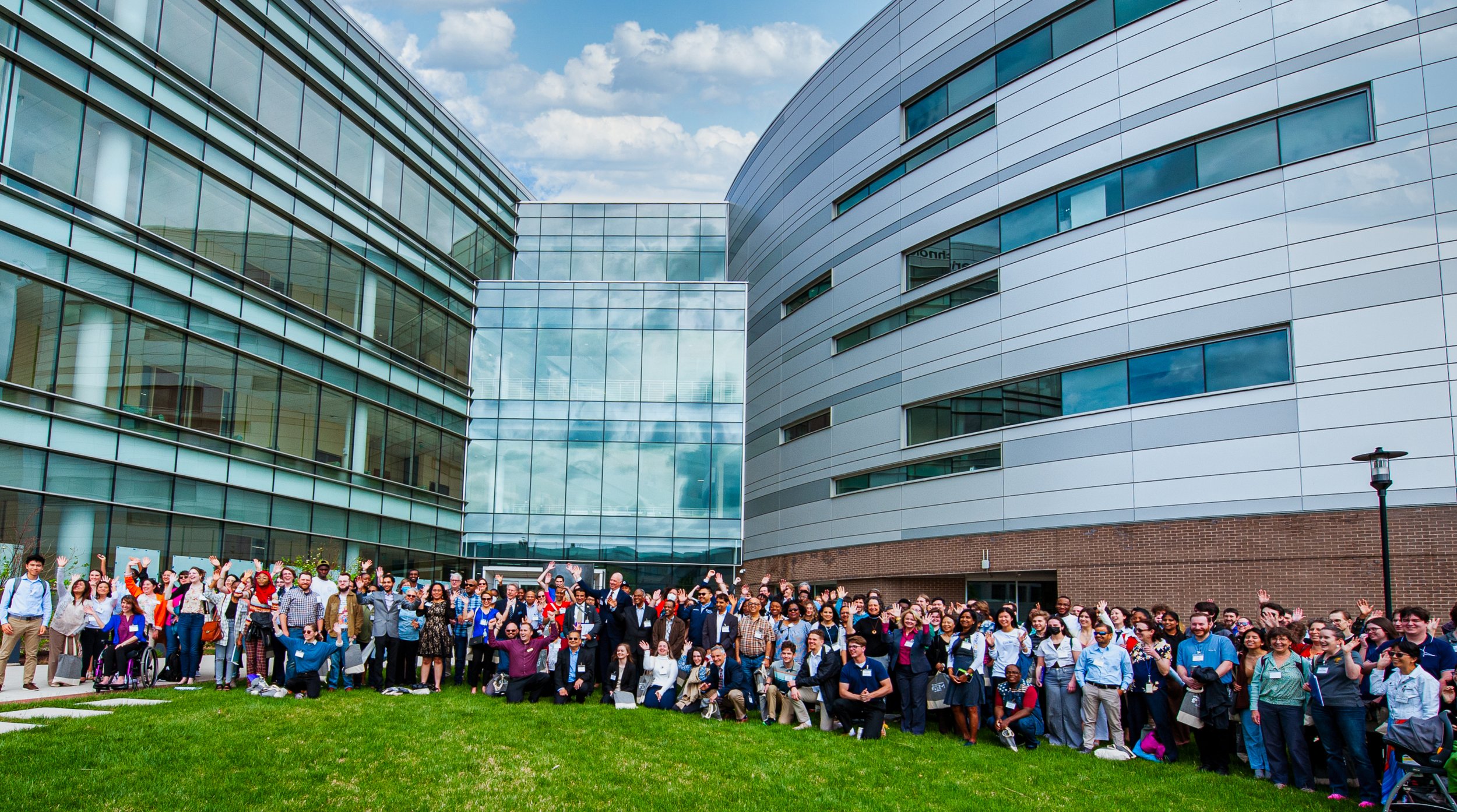Host: Community College of Baltimore County (CCBC) Essex Campus (map)
Saturday, April 18th, 2026 (8:00AM - 4:00 PM)
The 11th (2026) Conference will be an in-person experience for STEM students, faculty and staff! MCSC looks forward to a safe and energizing in-person Conference at the Essex campus of the Community College of Baltimore County.
Sponsors of the 11th (2026) Conference - Updated weekly
Gold Sponsors
Updated soon
Silver Sponsors
Updated soon
Bronze Sponsors
Updated soon
Exhibition Area of the Conference
Updated soon


